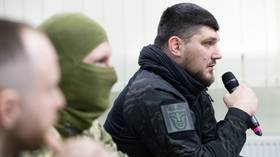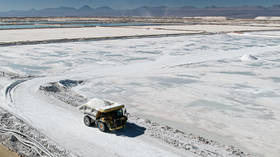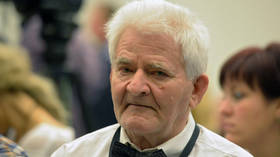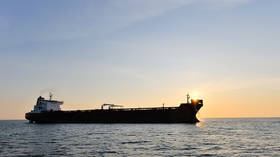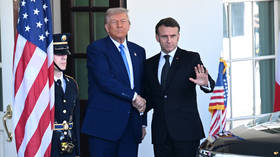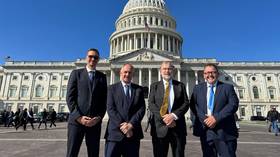US actively working to delay certification of Nord Stream 2 – Nuland
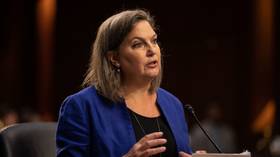
America is working alongside EU partners to halt certification of the Nord Stream 2 natural gas pipeline and is encouraging Germany not to give it official approval, the US undersecretary of state for political affairs has said.
Speaking at a press briefing on Tuesday, Victoria Nuland also noted that Washington is considering further sanctions against the system if Russia were to invade Ukraine.
Nord Stream 2 was completed in September but is yet to be certified and has not yet begun operations. It directly connects Russia to Germany, cutting out any third-party countries, which could significantly lower the price of gas. Washington has repeatedly sanctioned the system, claiming that it threatens Europe’s ‘energy security’, while some have accused the US of cynically trying to stop the pipeline so it can sell liquefied natural gas (LNG) to the continent.
“What we are doing now is working with the Germans, working with the EU to slow their consideration of the implementation of the pipeline,” she said. “This German Government has taken significant steps to do that, and they’ve also reconfirmed the agreement we had with the previous government with regard to what happens to Nord Stream 2 – namely, it’s suspended if Russia aggresses against Ukraine.”
Approval of the project, which could have come this month, was suspended in mid-November by the German Federal Network Agency, the Bundesnetzagentur, over a regulatory issue regarding the operator’s lack of premises inside Germany. However, despite Berlin’s description of the delay as simply an interim step, the US appears to be attempting to make it permanent.
Earlier this week, influential German politician Michael Kretschmer, the prime minister of Saxony, suggested that America had derailed the controversial natural gas pipeline for its selfish economic reasons.
“What has preoccupied us all most in recent months is the Nord Stream 2 gas pipeline, which has been torpedoed by the Americans for reasons of energy policy self-interest,” Kretschmer said.




